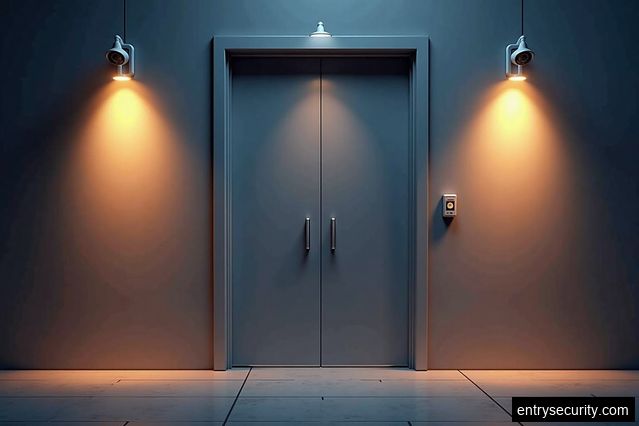The Need for Enhanced Security in Healthcare
In today's digital age, healthcare providers face an increasing number of security challenges. With the rise in cyber threats and the value of personal health information, it is crucial for healthcare settings to implement robust security measures. Enhanced security not only protects patient privacy but also safeguards against potential data breaches and ensures the continuity of care.
Addressing Cybersecurity Risks
One of the most significant security concerns in healthcare is the risk of cyber attacks. Hackers target healthcare organizations to gain access to sensitive patient information, which can be sold on the black market or used for identity theft. To mitigate these risks, healthcare settings need to implement strong cybersecurity measures, including regular software updates, robust firewalls, and encryption protocols. Additionally, staff should receive training on identifying phishing attempts and other common hacking techniques.
Protecting Physical Security
While cybersecurity is crucial, physical security in healthcare settings should not be overlooked. Controlling access to sensitive areas, such as patient rooms, medication storage, and administrative offices, is essential to prevent unauthorized individuals from gaining entry. Implementing access control systems, such as key cards or biometric scanners, can help ensure that only authorized personnel can access restricted areas. Additionally, surveillance cameras and alarm systems can provide an extra layer of security to deter potential threats and facilitate quick response in case of emergencies.
Securing Medical Devices
Medical devices connected to the internet, such as infusion pumps and patient monitoring systems, are potential entry points for hackers. These devices often run on outdated software and lack proper security measures, making them vulnerable to attacks. Healthcare settings must regularly update and patch these devices to address any known vulnerabilities. Additionally, implementing network segmentation can help isolate medical devices from the main network, limiting the potential impact of a breach.
Ensuring Privacy and Compliance
Protecting patient privacy is a fundamental aspect of healthcare security. Healthcare settings must comply with regulations such as the Health Insurance Portability and Accountability Act (HIPAA) to ensure the confidentiality of patient information. Implementing secure methods of data transmission, such as encrypted email and secure messaging platforms, can help safeguard patient privacy. Regular audits and assessments should also be conducted to identify any compliance gaps and address them promptly.
Training Staff on Security Procedures
Human error is a common cause of security breaches in healthcare. Staff members should receive comprehensive training on security procedures, including password hygiene, data handling, and incident response protocols. Regular refresher courses and awareness campaigns can help keep security practices at the forefront of employees' minds, reducing the likelihood of errors or negligence.








